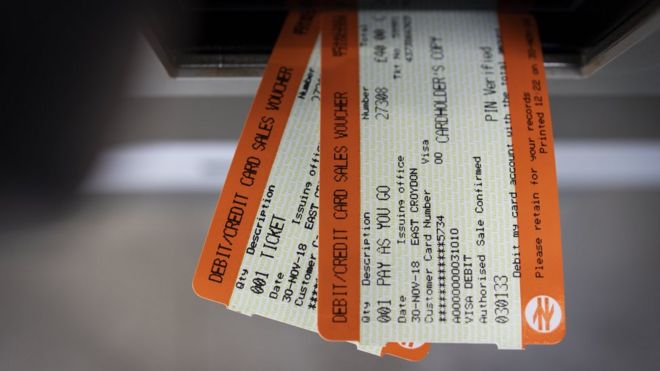
After a raft of issues on the network last year rail fares have increased by an average of 3.1% in England and Wales , and around 3% in Scotland.
As per the rail industry 98p of every pound spent on a ticket was invested back into the network, however, the price hike was called by campaign group Railfuture as “yet another kick in the wallet”.
There was a record investment in rail by the government and Chris Gayling announced that a new railcard extending child fares to 16 and 17-year-olds will soon be available before the academic year in September.
After a decision by Mayor Sadiq Khan to freeze Transport for London prices fares in London will remain the same.
Rail unions, politicians and campaigners might go on a protest against the rises outside the stations.
The rise is the highest since January 2013 in England and Wales and it is predicted that the price of some annual season ticket will go up by more than £100.
According to an analysis from the Labour Party after the Conservatives got into power in 2010 of more than 180 routes mentioned that the average commuter was paying £786 more for their annual season ticket.
There was an increase even though one in seven train was delayed by at least five minutes in the last one year. This was the network’s worst performance since September 2005, according to the Press Association.
Apart from the problems of extreme weather, strikes and signal failures in the routes across the country there were chaos by the new timetables from Northern and Govia Thameslink.
The government regulates around 45% of fares and was capped at July’s retail price index inflation figure – 3.2% while train companies decide on other increases.
If the unions agree that rail workers’ wages also increase at lower rate then the fares could rise in line with a lower index.
Tags: England, Govia Thameslink, Sadiq Khan, wales